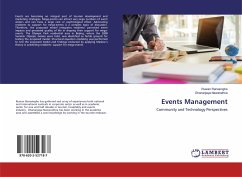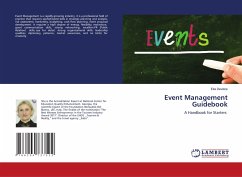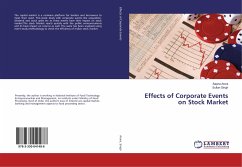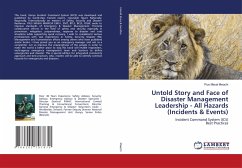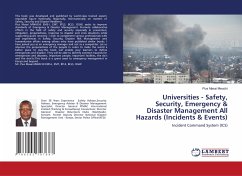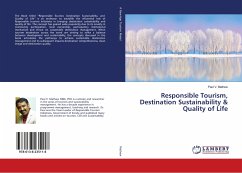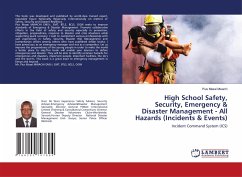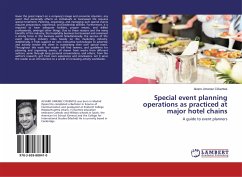Events are becoming an integral part of tourism development and marketing strategies. Mega-events can attract very large numbers of event visitors and can have a large cost or psychological effect. Advocating residents to support for mega-events is a complex topic of discussion. Therefore, the proposed model integrates residents' perceived event impacts and perceived quality of life in shaping their support for mega-events. The Olympic Park residential area in Beijing, where the 2008 Summer Olympic Games were held, was identified as fertile ground for testing the proposed model. Structural equation modeling was performed to test the proposed model and findings endorsed by applying Maslow's theory in predicting residents' support for mega-events.
Bitte wählen Sie Ihr Anliegen aus.
Rechnungen
Retourenschein anfordern
Bestellstatus
Storno

